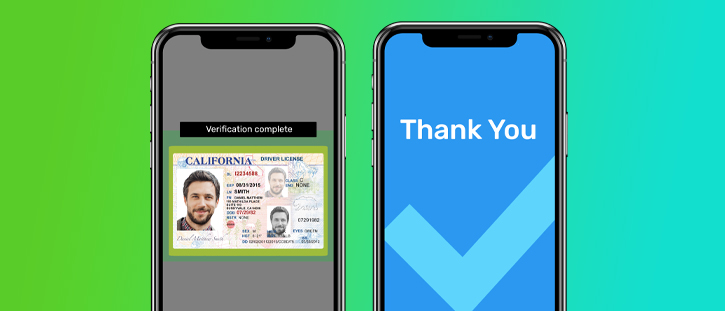Online Gaming Regulations Overview
Those who work in the online gaming industry must navigate regulatory frameworks almost everywhere. To avoid heavy fines and the closure of their business, compliance with regulations is essential for operators. Therefore, understanding the current regulatory environment and extrapolating from it is a key part of planning for the future.
Let’s look at a few of the most universal areas where regulatory compliance is necessary. These areas are by no means the only mandatory compliance rules in any given jurisdiction, but as they are nearly always a concern in iGaming, they are worth highlighting.
Protecting Vulnerable Individuals
The establishment of an age restriction is a common feature of online gambling laws. The age limit can vary from one country to another, but it is usually between 18 and 21 years of age. Age limits are set for various reasons, including protection of minors who may not understand the risks of gambling and to comply with local customs.

Licensing
Obtaining a license for iGaming is a requirement to operate in most regulated markets. The licenses are usually issued by the local regulatory authority and ensure the operators are responsible. Operators are required to go through licensing procedures, as well as meet certain requirements in relation to player protection, taxes and advertising regulations almost everywhere.
Licensing is a notoriously onerous process, because each jurisdiction has different requirements. Even within regulated markets such as the U.S., the regulatory process varies from state to state and even down to the municipal level, creating a patchwork-like regulatory environment.
Promoting Player Safety and Public Health
Regulators around the world are focusing on responsible gambling. This is a significant concept that is spreading rapidly and will make a bigger and bigger impact as time goes on. Operators are required to implement measures that prevent problem gambling and provide resources for responsible gambling. They must also offer options for self-exclusion.
The EU and other regions have adopted a proactive approach towards responsible gaming, and operators must prioritize player safety very highly and operate in an ethical manner. What this translates to is tighter requirements on age verification. Implementing a sophisticated age verification solution helps protect minors from illegal gambling — and protects operators from fines and penalties from inadvertently letting minors gamble.
Responsible Gaming Trends Around the World
ID Verification
The integrity of online gambling platforms is maintained by checking each player’s identity document (ID) to verify their identity and confirm whether they should be allowed on the platform. Operators need to implement robust identity-verification processes to prevent fraud, underage gambling and money laundering. Biometrics, AI solutions and other advanced technologies such as liveness detection are improving the accuracy of ID verification, making iGaming more secure for both operators and players.

This process isn’t merely red tape for operators, as it ensures that those sitting at the virtual gambling tables are playing against real human beings and not sophisticated AIs or networked scammers who prey on people online just as they do at real-world casinos. ID verification has come a long way in a very short span of time and is one of the primary insurers that all other regulations are being followed.
